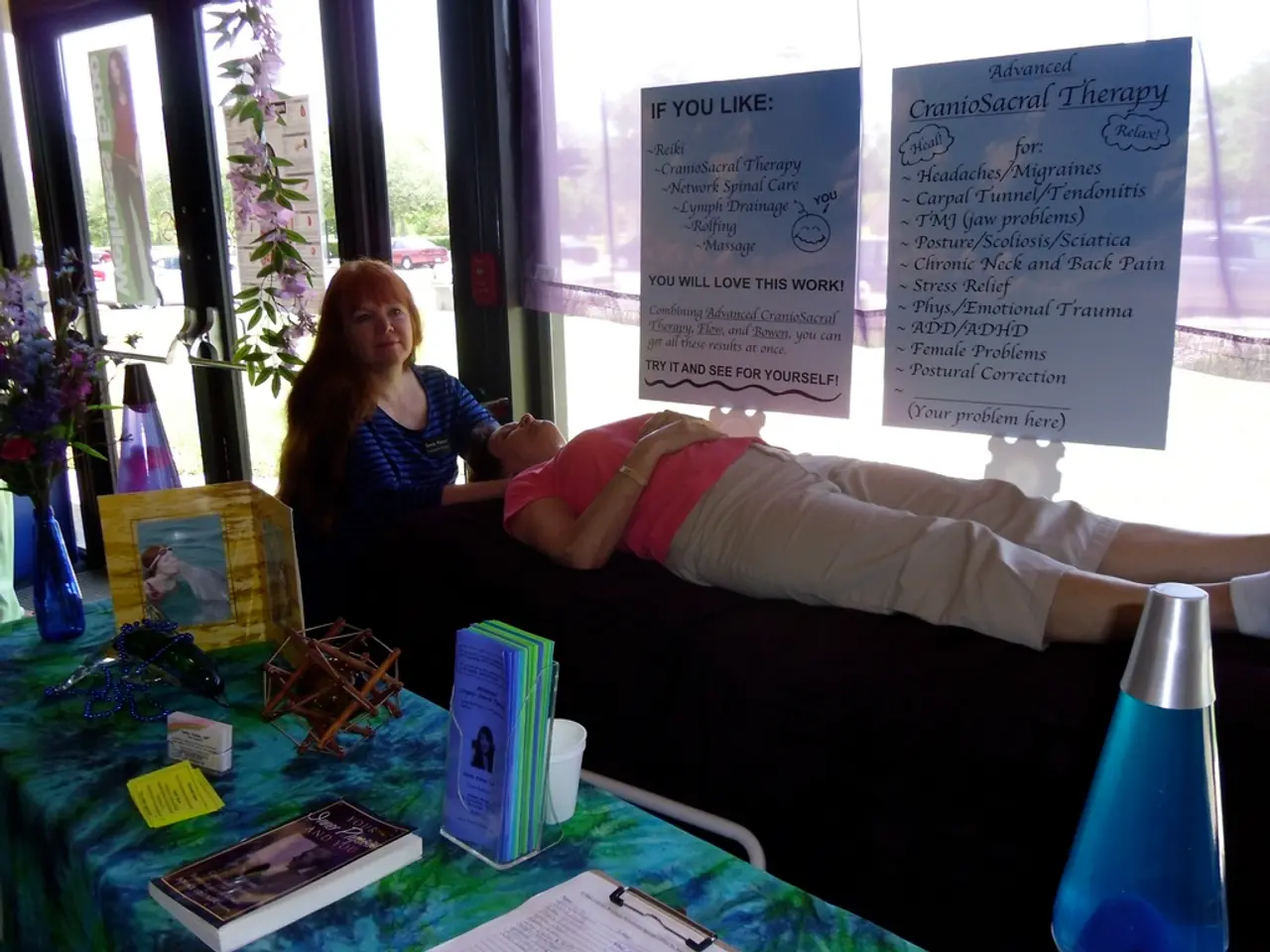Trauma-Induced Dissociative Conditions Related to Bonding Injuries
In the realm of mental health, dissociative disorders pose a significant challenge, affecting the psychological functioning and daily life of those who suffer from them. These conditions, characterized by a disconnection in the normal integration and understanding of consciousness, memory, identity, and emotions, can generate confusion, fear, interpersonal difficulties, and a host of other varied manifestations.
At the heart of these disorders lies a connection between early experiences and identity, emotional well-being. Understanding this link is crucial in encouraging appropriate intervention.
Dissociation, a defense mechanism, disconnects the mind from reality to protect itself from suffering. This disconnection can result in feelings of unreality, amnesia, or a divided perception of oneself. In severe cases, such as Dissociative Identity Disorder (DID), alternate identities can take control of a person's life at different times.
Emotional regulation techniques, like mindfulness and grounding exercises, are used in the therapeutic process to help individuals stay present and reconnect with their body. In a second phase of treatment, Eye Movement Desensitization and Reprocessing Therapy (EMDR) or brainspotting are employed to process traumatic experiences.
Attachment trauma, occurring when basic needs for care, protection, and emotional connection are not met in childhood, can lead to the development of maladaptive patterns. These can manifest as fear of rejection, chronic mistrust, or emotional disconnection. Attachment-based therapy focuses on repairing damaged relationship patterns and encouraging the construction of secure bonds.
Adults with attachment trauma-related dissociative disorders often show emotional dysregulation and anxiety, difficulty trusting others and forming intimate relationships, dissociation symptoms, hyper-independence or extreme controlling behaviors, impulsivity, and identity disturbances. These signs reflect the psychological impact of early disrupted attachment on self-concept, emotional regulation, and perception of reality.
However, recovery is possible through specialized therapeutic interventions. With adequate professional support and a solid support network, it is possible to reconstruct a fragmented identity and achieve greater emotional stability. With specialized treatment and emotional support, it is possible to overcome dissociative disorders, integrate the traumatic past, and build healthier relationships and a fuller life.
[1] Reference 1 [2] Reference 2 [3] Reference 3 [4] Reference 4 [5] Reference 5
- The study of psychology provides valuable insights into understanding the intricate nature of dissociative disorders, which significantly impact a person's mindfulness, emotions, and identity.
- A couple seeking to enhance their workplace-wellness might find it beneficial to learn about attachment-based therapies, as they can help address emotional dysregulation and improve interpersonal relationships.
- Medical conditions and chronic diseases are often linked to various skin-conditions, making it crucial for individuals to maintain a health-and-wellness routine that includes skin-care and nutrition for overall well-being.
- Fitness-and-exercise, along with proper therapies-and-treatments, are essential components of whole-body wellness, as they contribute to mental health and help manage symptoms of chronic diseases and neurological disorders.
- CBD, a derivative from cannabis, is widely researched for its potential benefits in managing symptoms associated with anxiety, chronic pain, and certain skin-conditions, although more studies are needed for conclusive evidence.
- Parenting can be challenging, especially when children exhibit signs of emotional dysregulation, difficulties forming relationships, or symptoms of dissociative disorders. Seeking guidance from professionals might be beneficial in these situations.
- Mindfulness, a practice aimed at focusing the mind on the present moment, can help individuals cope with their emotions and feelings, promoting greater self-awareness and stress reduction.
- Treatments for skin-conditions often involve a combination of topical therapies, medications, and lifestyle modifications, as well as clear understanding of the underlying causes and potential triggers.
- The realm of science is constantly evolving, with breakthroughs in therapies-and-treatments for mental-health conditions, such as dissociative disorders, offering fresh hope for those struggling to find relief.
- A healthy, balanced approach to life that incorporates fitness-and-exercise, nutrition, mindfulness, and mental-health support can contribute to an individual's overall well-being and resilience against potential medical-conditions and skin-conditions.




